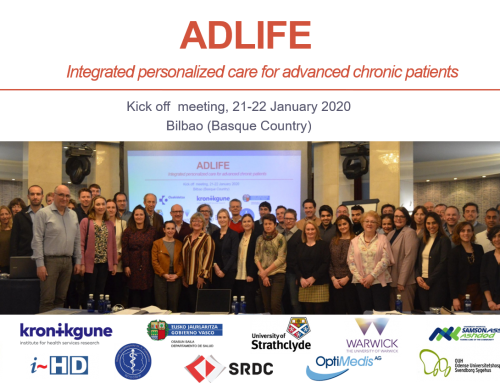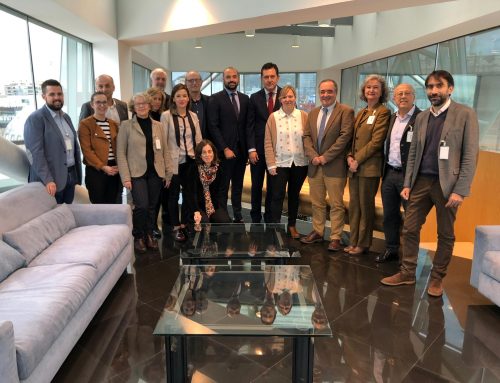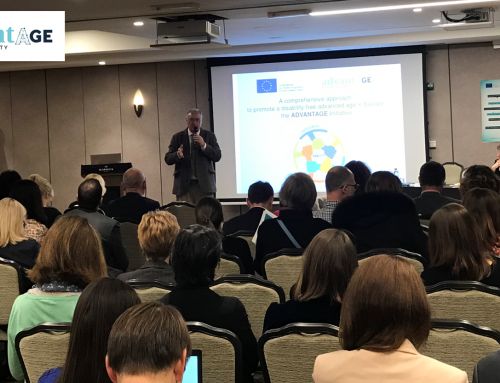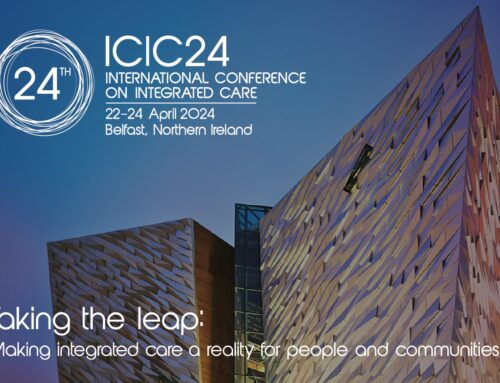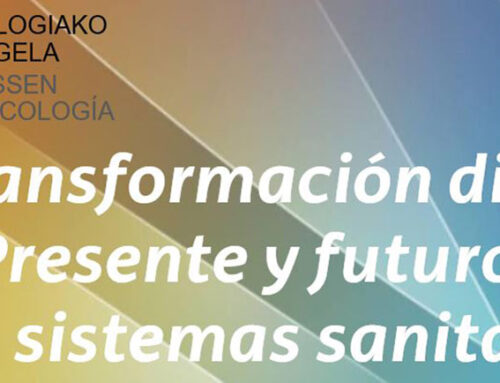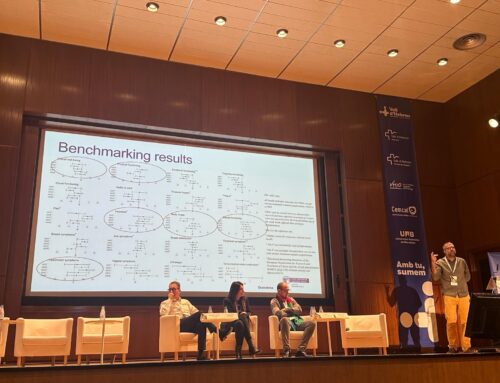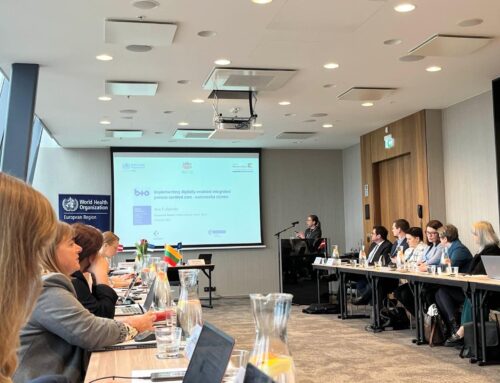The event was held on September 14 at the Euskalduna Palace in Bilbao.
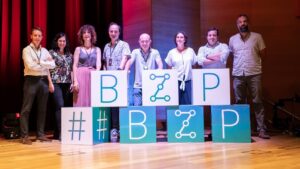 NAUKAS (science, scepticism and humor) https://naukas.com/ is the largest online platform for scientific dissemination in Spanish. This year, with the collaboration of the Chair of Scientific Culture of the UPV-EHU, Bilbao hosted for four days the thirteenth edition of NAUKAS at the Euskalduna Palace.
NAUKAS (science, scepticism and humor) https://naukas.com/ is the largest online platform for scientific dissemination in Spanish. This year, with the collaboration of the Chair of Scientific Culture of the UPV-EHU, Bilbao hosted for four days the thirteenth edition of NAUKAS at the Euskalduna Palace.
Borja García-Lorenzo, Health Economist at the Biosistemak Institute, participated in the monographic session of NAUKAS PRO which aimed to highlight the work done by research centres to advance in the field of health. In this session, in addition to Biosistemak, researchers from the health research institutes of Bioaraba, Biobizkaia and Biogipuzkoa, as well as Osakidetza participated.
The talk given by the Biosistemak Health Economist at NAUKAS PRO, entitled No es país para evidencia empírica, takes as its basis the Royal Decree Law 16/2012 which establishes that health financing decision-making must be supported by the criterion of efficiency. A health intervention is considered efficient if it generates health gains greater than the health losses that would be caused by withdrawing funds from the system to be financed.
During his presentation, he explained how health economists use cost-effectiveness analysis as a methodology for deciphering whether a health intervention is efficient. This tool involves considering the costs and health outcomes of the system of a new health intervention versus its incumbent. To make cost-effectiveness analysis a useful tool in decision-making, it is necessary to have a reference that allows us to conclude whether a health intervention is efficient. This figure is known as the efficiency threshold or cost-effectiveness threshold.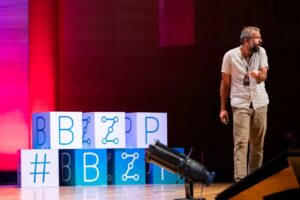
Health systems have traditionally used cost-effectiveness thresholds without a basis in empirical evidence and with a certain arbitrary origin. A few years ago, a group of health economists suggested the need to estimate a cost-effectiveness threshold based on empirical evidence in Spain and ended up culminating their suggestion with the publication of a guarism. Years later, appealing to poetic circularity, they met to take the pulse of the use of the available empirical evidence on the cost-effectiveness threshold, and the panorama they found made them exclaim the title of this paper: No country for empirical evidence!
In the following link, you can watch the video of the talk:

